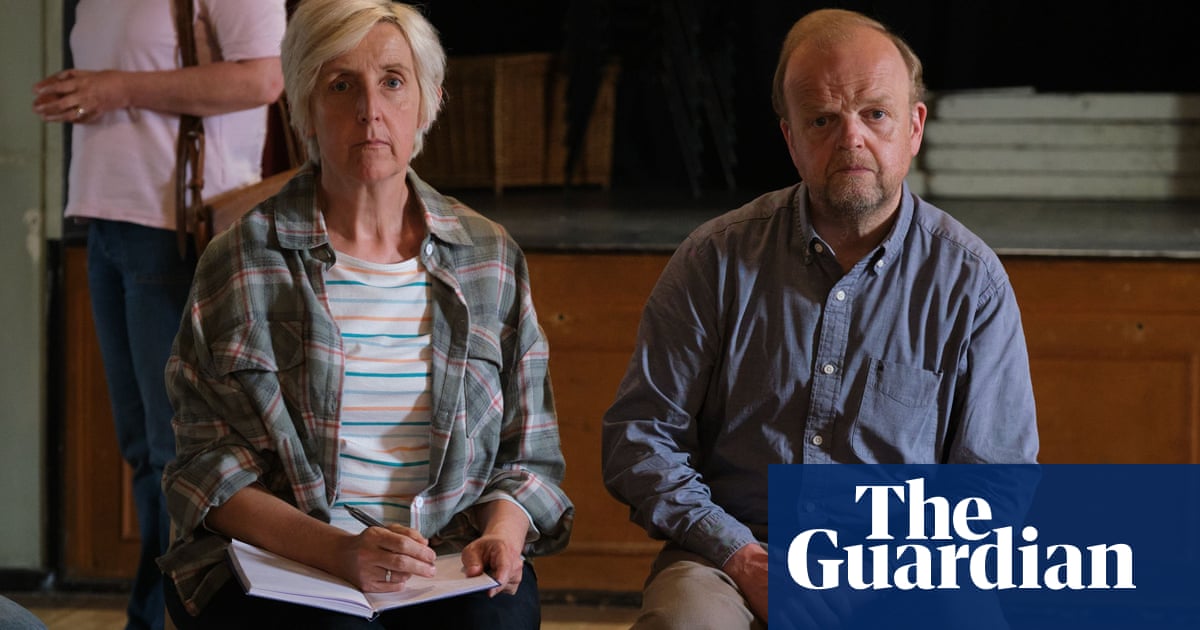
esame Street has always been great at introducing children to difficult subjects. When cast member Will Lee died in 1982, it dedicated a show to exploring the notion of grief. In 2019, it told the story of Karli, a green Muppet whose mother was struggling with opioid addiction. And now it is explicitly teaching kids to dismantle racism.
A new three-minute Sesame Street clip entitled Explaining Race debuted this week. In it, two African-American Muppets – Wes, a five-year-old, and his father Elijah – engage Elmo in a discussion about identity. At one point the father gestures to an autumn tree and says: “When people of all colours come together, we stand strong, like this tree.” It’s hoped that Wes and Elijah will be used to discuss race and racism in a more direct way than Sesame Street has done in the past.
However, Sesame Street is not the first kids’ show to attempt something like this. If you have children, and you want to show them other examples, here’s where to start.
CBeebies
If your kids are young enough, then CBeebies is absolutely your best place to go. Operating under a banner of “Everyone’s Welcome”, the channel goes to enormous pains to be as inclusive as possible. During last year’s Black History Month, its presenter Ben Cajee spoke beautifully about his mixed-race heritage. “Sometimes people have been unkind about what I look like, and the colour of my skin,” he said in the minute-long clip. “But I try and forget about those people and instead focus on the people who were there for me.”
Less overtly, JoJo & Gran Gran is the first British children’s animation about a black family. Based on the picture books by Laura Henry-Allain, the series is about a young girl who stays with her grandmother while her parents work. Every episode, Gran Gran teaches JoJo about something new. Sometimes it’s how to grow a flower. Sometimes it’s how to build a sandcastle. Often, GranGran explains her St Lucian heritage to JoJo. While not attacking racism head on, it’s nevertheless a very important series in terms of representation. Also, it’s incredibly charming.
Lastly, My World Kitchen is a show where young cooks from around the world make dishes that they enjoy eating. There are episodes about children from Trinidad, Sri Lanka, Lithuania, South Korea, Uganda and Russia. What is lovely about this show is that it not only introduces a wealth of new cultures to young viewers, but also encourages them to eat outside their comfort zone. That said, I have yet to sell my kids on the idea of Chorley cakes, so maybe it doesn’t work flawlessly.
CBBC
The older sibling of CBeebies, CBBC has a show called Bugbears; a sort of Creature Comforts where children voice CGI aliens as they discuss issues close to them. In one, a child describes what it’s like to have Asperger’s syndrome. In another, one talks about not having a dad. And then there’s the episode I Don’t Like Racism, where a girl explains how sad racism makes her feel. Additionally, Blue Peter aired a segment about Black Lives Matter, with hosts Richie Driss and Mwaksy Mudenda describing their unvarnished experiences with racism.
Netflix
Raising Dion is a live action kids’ show about a seven-year-old black boy who develops superpowers. There are big names involved – Michael B Jordan plays the boy’s dead father – and it sometimes touches on racism. In the third episode, for example, a teacher falsely accuses the boy of violence, which leads to a deft yet mature discussion of racial profiling.
Disney+
Diary of a Future President follows a 12-year-old Cuban-American girl who – spoiler alert! – grows up to become the president of America. While the stories revolve around issues relating to any adolescent girl (episode one is about periods), there are also moments where characters face racial discrimination. But if you’re after a show that celebrates diversity, you may as well start with one that has a female Cuban president.












